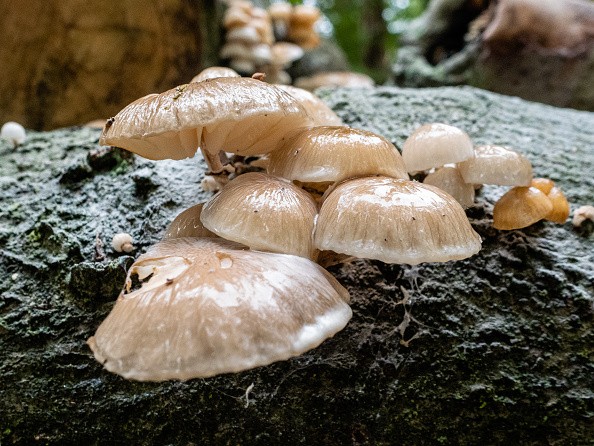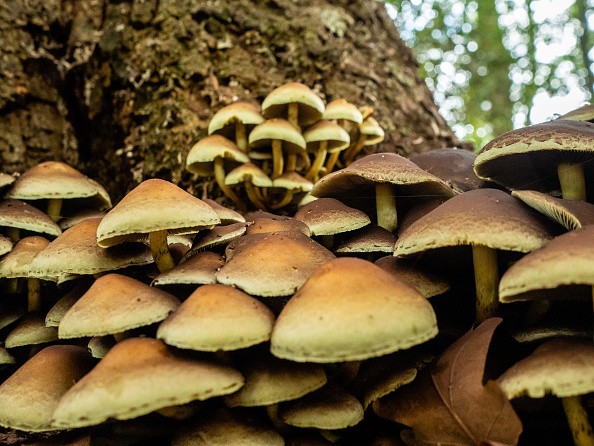The psychedelic drug psilocybin: This naturally occurring compound is found in some mushrooms and it has been studied as a possible treatment for depression for years. But what is still confusing is specifically how it works in the brain and for how long useful results might last.

Psilocybin
Yale researchers in a new study, reveal that one dose of psilocybin introduced to the body of mice triggered an instant and long-lasting rise in connections between neurons.
Associate professor of psychiatry and of neuroscience and also senior author of the paper, Yale's Alex Kwan said they did not just notice a 10% rise in the number of neuronal connections, but they were also on average around 10% larger, so the connections were intense also.
Former laboratory experiments had promised that psilocybin, and also the anesthetic ketamine, can help in decreasing depression.
The new Yale research discovered that these compounds boost the solidity of dendritic spines, little protrusions noticed on nerve cells which help in the transmitting information between neurons. It is known that Chronic stress and depression decrease the number of these neuronal connections.
Effects of Psilocybin
Kwan and first author Ling-Xiao Shao, a postdoctoral associate in the Yale School of Medicine, pictured dendritic spines in high resolution and observed them for multiple days in breathing mice with the use of a laser-scanning microscope.
Within 24 hours of psilocybin administration, the researchers discover increases in the number of dendritic spines and in their size. A month later they discovered these changes were still present. Also, stressed mice exhibited behavioral improvements and improved neurotransmitter activity following the administration of psilocybin.
For some individuals, psilocybin which is an active compound in "magic mushrooms," can bring about an intense mystical experience. Among Indigenous populations of the New World, the psychedelic was chief of religious ceremonies and is also a well-known recreational drug.
Kwan said It may be the tale psychological effects of psilocybin itself that stimulates the development of neuronal connections.

Genus Psilocybe
Of the findings published in the journal Neuron this month, Kwan said it was a great surprise to witness such enduring transformations from just a single dose of psilocybin. Adding that these new connections may be the structural changes used by the brain to preserve new experiences.
This naturally occurring psychedelic prodrug compound - psilocybin, is made by over 200 species of fungi. The genus Psilocybe, which includes P. semilanceata, P. azurescens, and P. cyanescens are the most powerful members, but psilocybin has also been segregated from around a dozen other genera.
As a prodrug, psilocybin can easily be converted to psilocin by the body, which has mind-changing effects almost the same, to those of mescaline, LSD, and DMT in some aspects.
Related Article : Enoki Mushrooms Linked to Listeria Outbreak in US
For more news, updates about mushrooms and similar topics don't forget to follow Nature World News!
© 2026 NatureWorldNews.com All rights reserved. Do not reproduce without permission.





